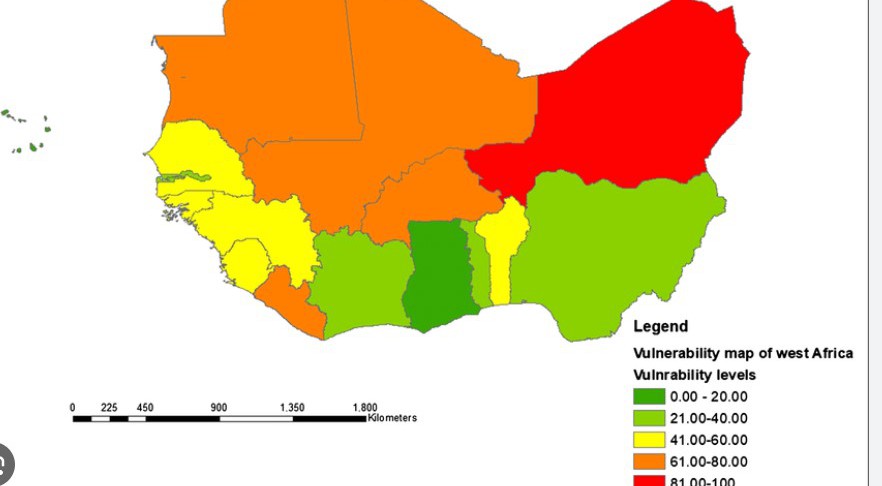Retain Factors and Staying Preferences in Climate-Vulnerable Regions in West Africa

This is a joint International Economics - UNU-CRIS Breakfast Seminar by Ilse Ruyssen, UNU-CRIS Associate Research Fellow. This is a joint work with Els Bekaert and Alix Debray.
Abstract:
This study addresses the so-called "mobility bias" in the climate-migration literature by examining the role of retaining factors prompting people to stay in climate-vulnerable regions in West Africa. Climate change is frequently portrayed as a push factor for migration, but observed migration flows are much smaller than most migration theories predict. This is typically attributed to a lack of (financial) ability to migrate, yet these models tend to overlook the factors that make people want to stay. Using the Gallup World Polls, we conduct a comprehensive multilevel empirical analysis across thirteen West African countries to explore the role of retain factors in shaping aspirations to migrate versus stay, accounting for heterogeneities in one’s vulnerability to climate change and ability to migrate. Our findings reveal that individual characteristics hold the greatest explanatory power, surpassing economic factors, health indicators, and social ties. Rural residence is especially correlated to the preference to stay for those highly vulnerable to climate change, underscoring the crucial role of local livelihoods. This research thereby challenges the conventional narrative that stresses the negative aspects of staying in place, highlighting the potentially positive dimensions of place attachment. It reveals that individuals aspiring to stay amidst climate challenges often exhibit higher levels of contentment, social support, trust, and satisfaction with community institutions. This nuanced understanding provides valuable insights for developing adaptive strategies around these aspects that influence preferences to stay and sustainable solutions tailored to the needs of this particularly vulnerable region.
This is a closed event. For further information, please contact Alexsandros Cavgias (alexsandroscavgiasmartins.cavgiasmartinsfraga@ugent.be) and Pascale Vantorre in cc (pvantorre@cris.unu.edu).
Upcoming Events
Similar Events
No events found.



